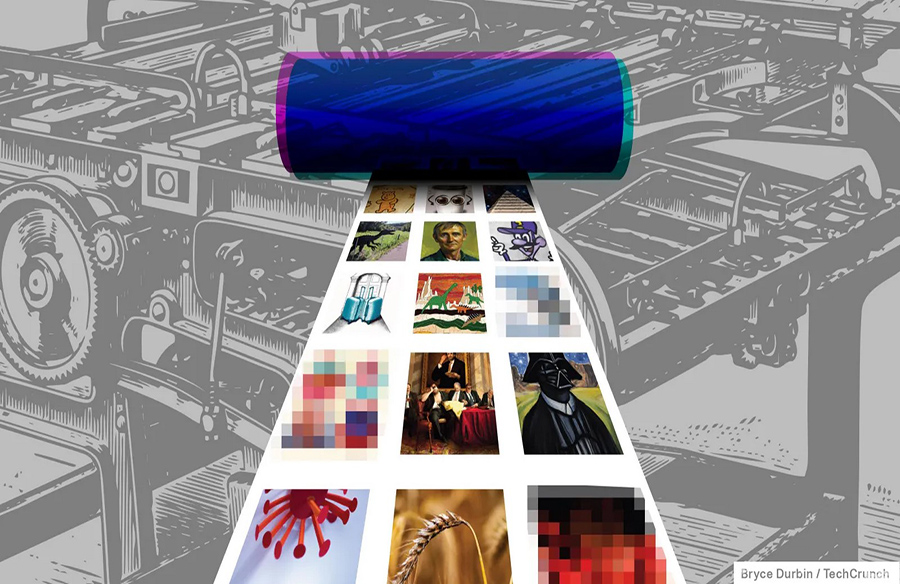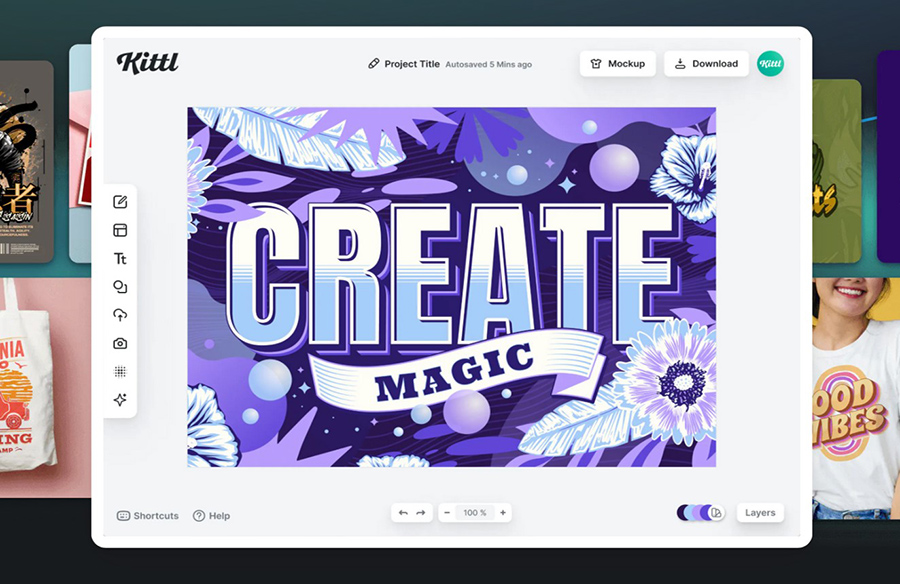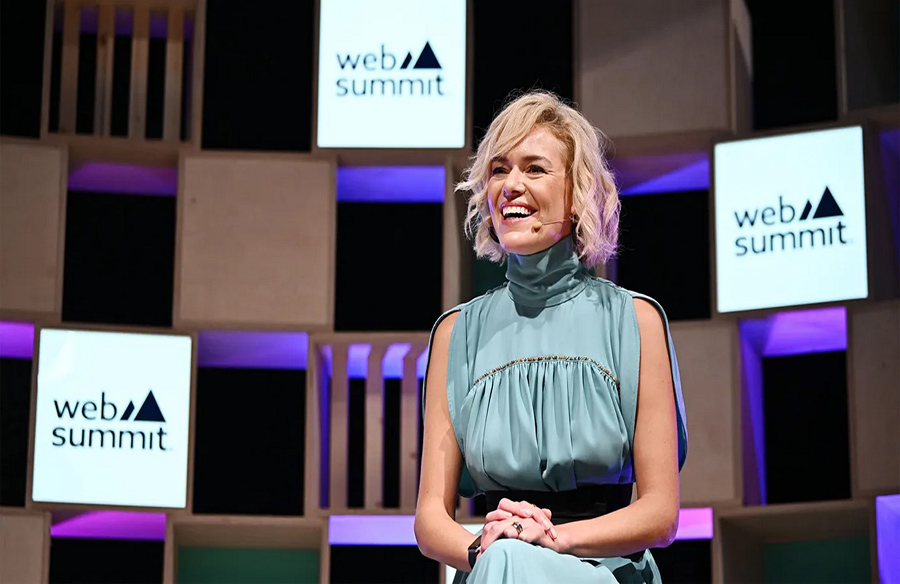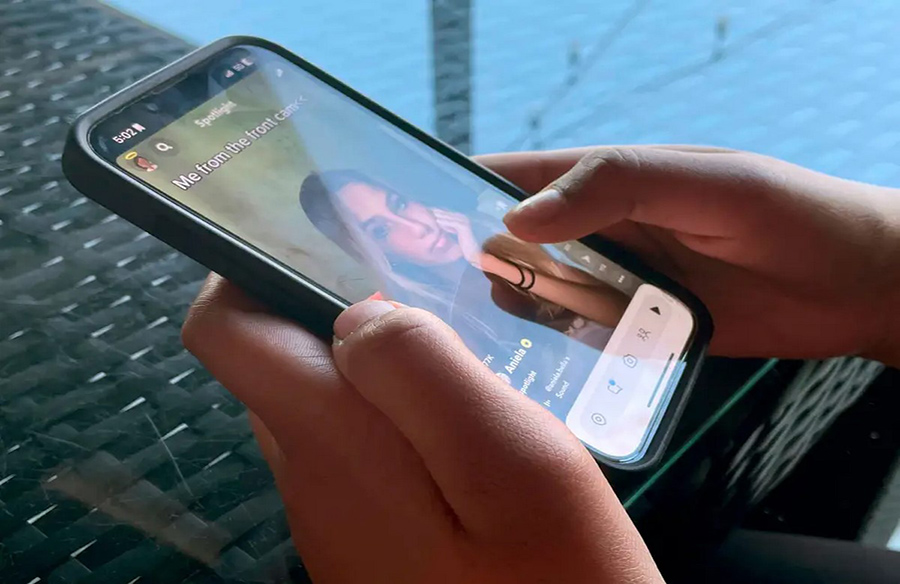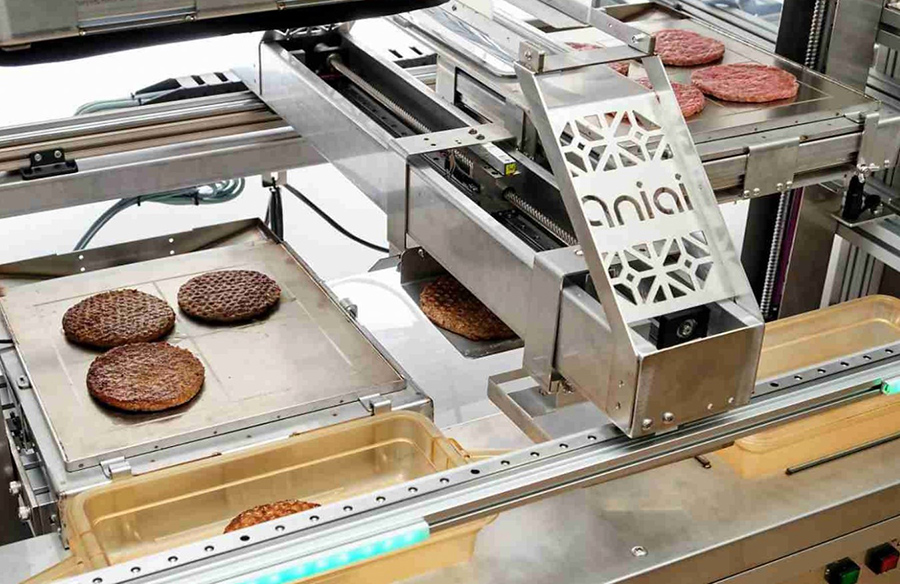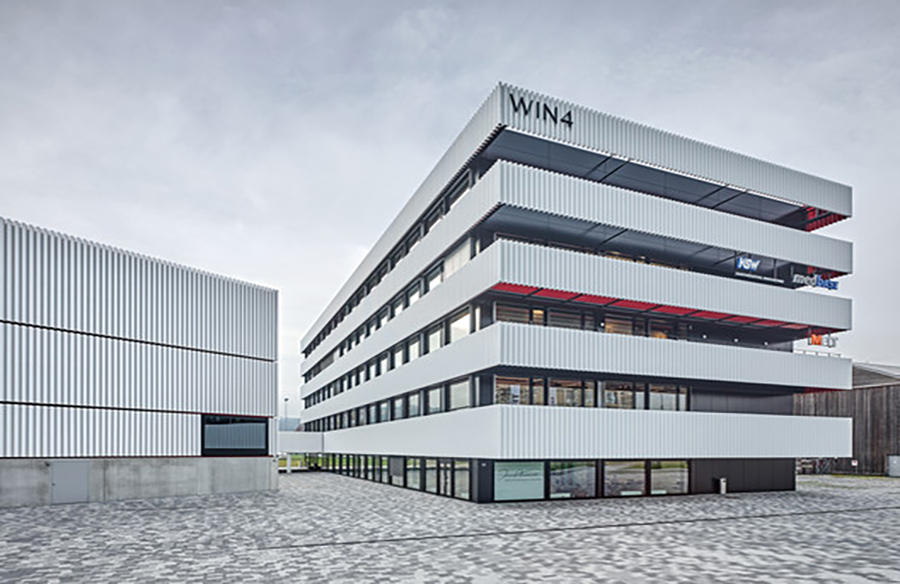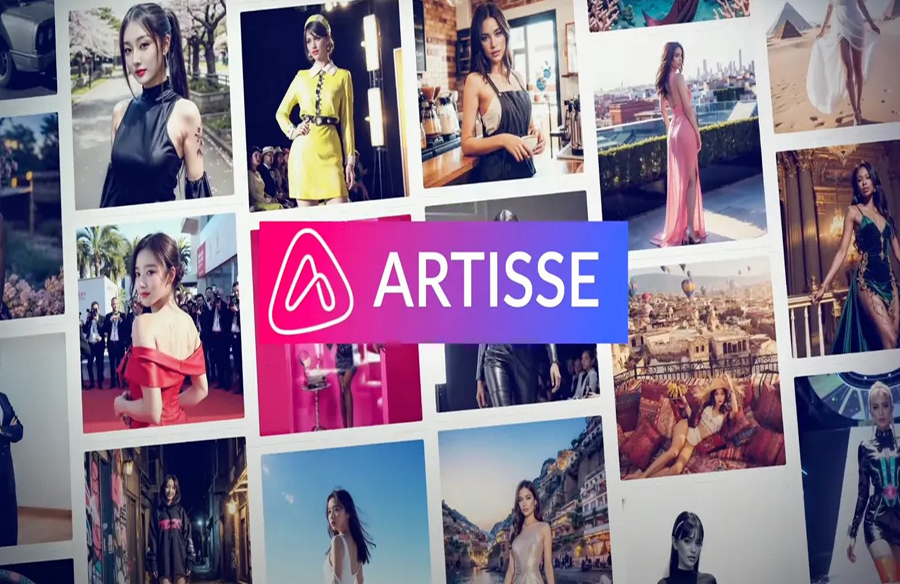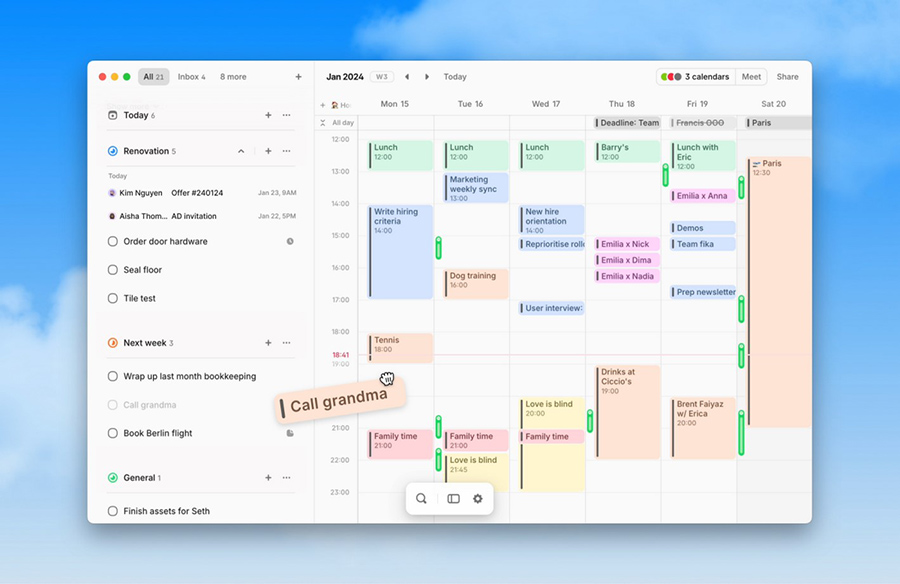Generative AI models have revolutionized the art world, enabling the creation of stunning images based on textual descriptions. However, the use of artwork in model training without artists’ consent has raised ethical concerns. In response, Kin.art has launched a free tool to safeguard artists’ rights and prevent unauthorized use of their creations in AI model training.
Addressing Ethical Concerns
Many AI models, including Midjourney and OpenAI’s DALL-E 3, have been trained on artwork without the artists’ knowledge or permission. While some efforts have been made to compensate artists or provide opt-out options, the issue persists. Kin.art’s tool aims to empower artists by enabling them to modify their artwork, making it unsuitable for model training without their consent.
How Kin.art’s Tool Works
Kin.art’s tool utilizes image segmentation and tag randomization techniques to disrupt the model training process. By concealing parts of the artwork and swapping image metatags, the tool interferes with the associations between written concepts and images, making it challenging for AI models to use the artwork in training.
Superiority of Kin.art’s Solution
According to Flor Ronsmans De Vry, co-founder of Kin.art, their tool offers several advantages over existing solutions. Unlike cryptographic modifications, which can be costly, Kin.art’s approach is cost-effective and efficient. Additionally, it prevents artwork from being included in datasets from the outset, providing proactive protection against unauthorized use.
Philanthropic Endeavor with Future Plans
While Kin.art’s tool is currently free to use, artists are required to upload their artwork to Kin.art’s portfolio platform. However, Ronsmans De Vry emphasizes the philanthropic nature of the initiative, pledging to offer the tool to third parties in the future. By making the tool accessible to other platforms, Kin.art aims to democratize access to data protection solutions in the age of AI.
Conclusion
Kin.art’s launch of a free tool to prevent GenAI models from training on artwork signifies a significant step towards protecting artists’ rights in the digital age. As the art industry grapples with the ethical implications of AI technology, initiatives like Kin.art’s play a crucial role in promoting transparency, fairness, and respect for artists’ contributions.
